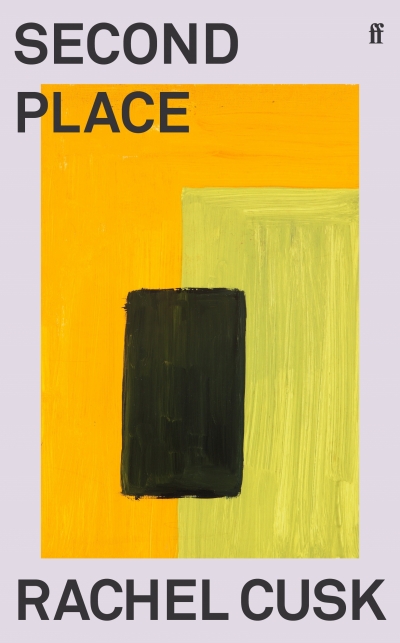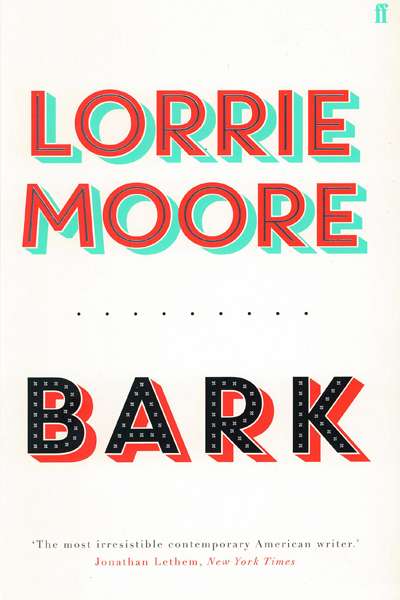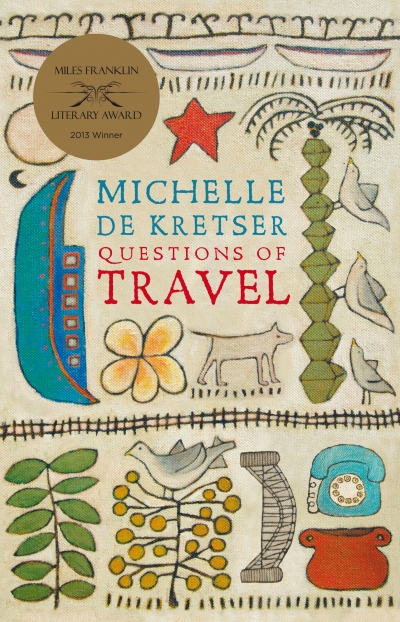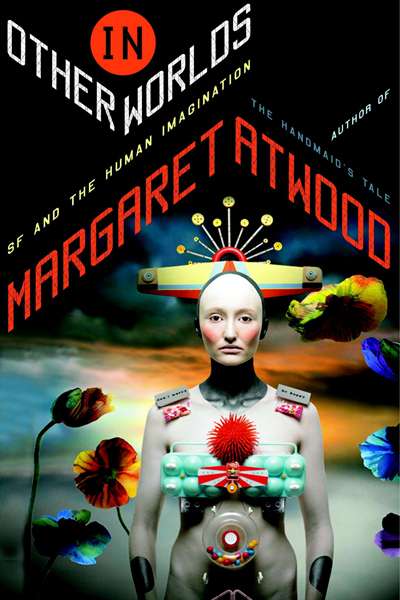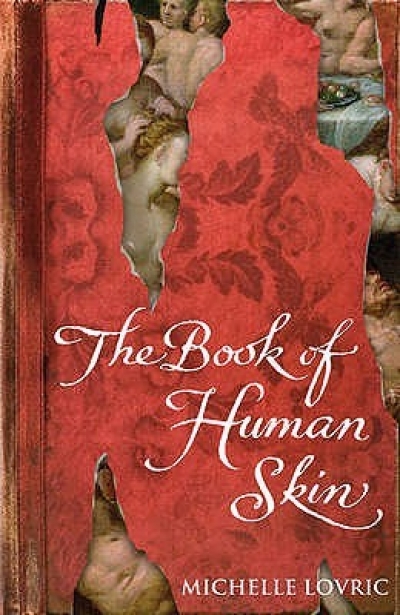Melinda Harvey
Griffith Review 14: The trouble with paradise edited by Julianne Schultz
Last month in Melbourne, a group of book reviewers and literary editors took part in a conference organised by Monash University’s Centre for the Book. There were more than thirty short papers, or ‘provocations’, as they were styled. Our Editor lamented the low or non-payment of some reviewers ( ...
In Other Worlds: SF and the Human Imagination by Margaret Atwood
The opening frames of Cary Joji Fukunaga’s Jane Eyre are startling. Charlotte Brontë’s novel, published in 1847, is a trenchant portrait of female entrapment, but this new adaptation immediately thrusts us outside. A fully grown Jane (Mia Wasikowska) hastens down a hill slope and roams around a vast, viridian moorland. Nearly thirty film and television adaptations have led us to expect to discover Jane as a juvenile prisoner of Gateshead, confined to the sliver of space between window and curtain while a flabby, menacing John Reed hunts her down. Instead, a bird’s-eye shot shows Jane at a crossroad, and subsequent close-ups divulge her crying, the thing she has most been at pains to suppress. The twenty-first-century Jane Eyre is less a victim of cages and cruelties than she is cosmically alone.
... (read more)

